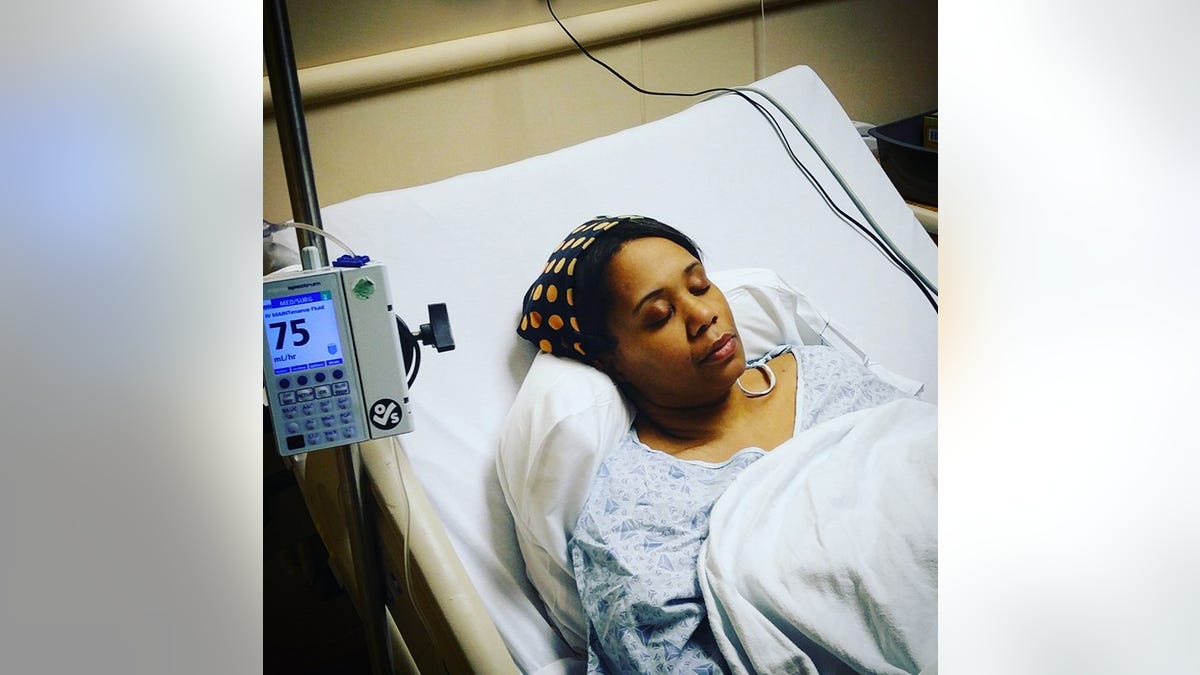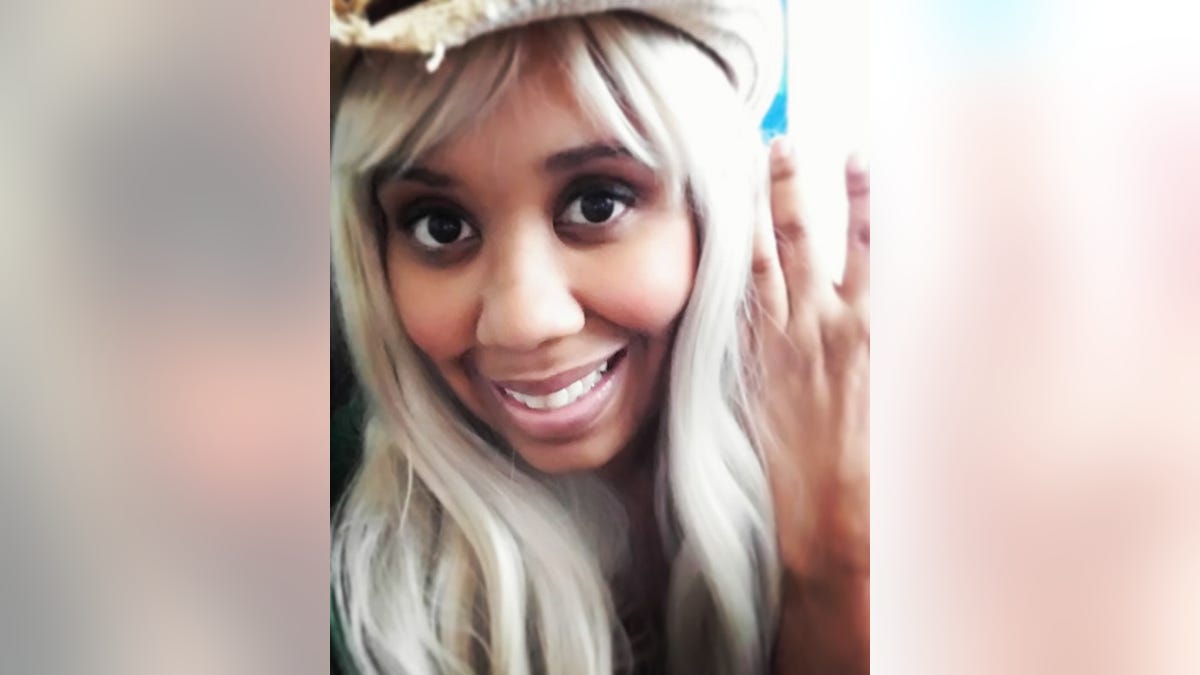Hours after Michelle Myers went to bed with a "pounding" headache, the mother of seven woke up and realized something was wrong — the left side of her body was numb.
Myers was rushed to nearby West Valley Hospital in Goodyear, Ariz. Doctors said she was suffering from aphasia, loss of speech, typically caused by a brain injury or stroke.
“I went to say, ‘My name is Michelle,’ and it came out like, “Rabbit, fox…,” Myers told Fox News. “No one could understand me. I was like, 'Is something wrong with my brain?'"
Eventually, Myers was able to form a sentence. But it was unlike anything her family had ever heard — the woman, who grew up in Oklahoma, sounded British. Her doctors even seemed surprised. They sent in a psychiatrist, who put Myers through a series of tests.
The 45-year-old was diagnosed with a speech disorder called Foreign Accent Syndrome (FAS). The condition is extremely rare, with only 60 cases reported since 1907, according to a 2011 study published in the peer-reviewed medical journal BMJ.

Michelle Myers undergoes tests for Foreign Accent Syndrome at a hospital in Goodyear, Arizona. (Michelle Myers)
This happened back in May 2015, and Myers' accent has been the same ever since.
“It’s physiological or can be triggered — psychological,” Myers explained. “Either one, it’s not controlled by the person.”
Doctors told Myers FAS was most likely a side effect caused by a hemiplegic migraine, a serious type of migraine headache with symptoms that are similar to a stroke.
“It’s actually quite dangerous,” Myers explained. “It looks just like a stroke, but it's not a stroke. They don't know how or what triggers it.”
Myers also suffers from Ehlers-Danlos syndrome (EDS), a genetic connective tissue disorder, though experts said there’s no proof this contributed to the accent change.
This wasn’t the first time Myers’ noticed her accent change.
"I thought doctors would think I was crazy. At first, people were laughing. They thought I was playing, but they quickly saw my panic.”
In 2011, after suffering from a three-day-long headache, Myers took a nap. When she woke up, she called one of her children and noticed his name sounded different.
All of the sudden, Myers said she had an Irish accent.
“I thought doctors would think I was crazy,” Myers said. “At first, people were laughing. They thought I was playing, but they quickly saw my panic.”
Myers was embarrassed. She figured the accent would eventually go away, and it did.
“It took eight days exactly,” Myers recalled. “One morning, I woke up and it wasn’t so bad. By the afternoon it was completely gone and so was the headache.”
At the time, Myers didn’t correlate the headache and the intonation change.

Michelle Myers is now part of a Facebook group, with 100 members who discuss Foreign Accent Syndrome. (Michelle Myers)
But in 2014, it happened again.
Myers was sitting on her backyard porch swing watching her children play when she felt a sharp pain in her head. She rested her eyes for a few minutes and woke up with a sharp pain on her left side.
Her left hand and arm went numb. She tried to speak, but couldn't form coherent words.
"It was like a gargling sound," Myers said. "I was really frustrated and scared."
When Myers did eventually form a sentence, she said she sounded like "Crocodile Dundee." Within minutes, she regained the feeling back on her left side.
Within two days, her accent was back to normal.
"I want to help someone so they don't have to live in hiding."
"I was like, 'Maybe it's just cause I had a headache," Myers said. "I'm a single mom with seven kids... I don't have time to sit and address something unless I'm dying."
Now that Myers has a diagnosis, the mom is doing all she can to seek treatment. She's seen specialists, visited neurologists but most importantly, she's spreading awareness of the rare condition.
"I would give anything to be normal. I would give anything," she said. "Rare diseases are very emotional. You feel very alone, isolated. I want to help someone so they don't have to live in hiding."
Myers has since joined a Facebook group for FAS. The 100 members discuss the condition and offer advice and comfort to the newly diagnosed.
"I understand this sounds crazy; I get that," Myers said. "But all you have to do is Google this. I'm certainly not the first person with [FAS]."
